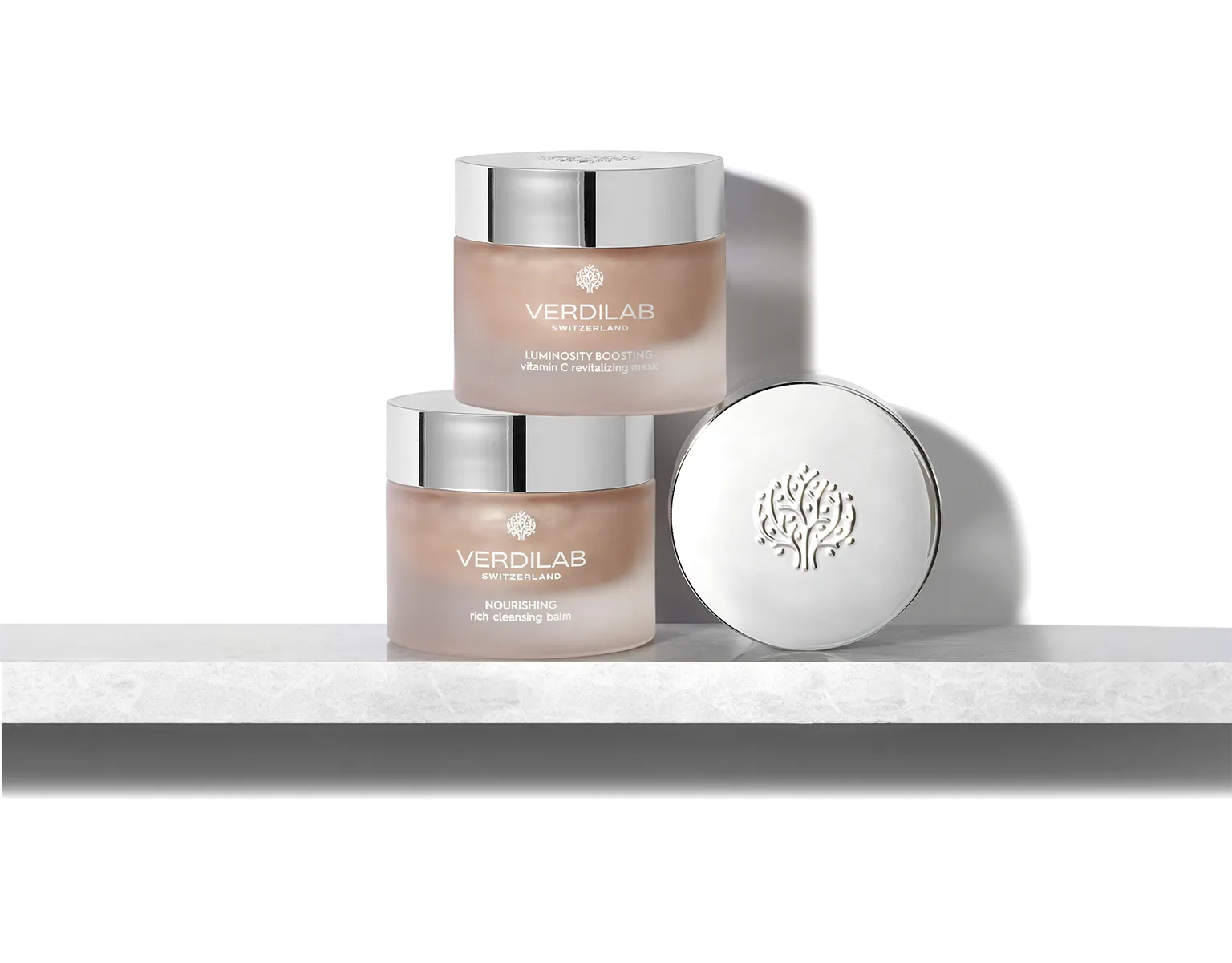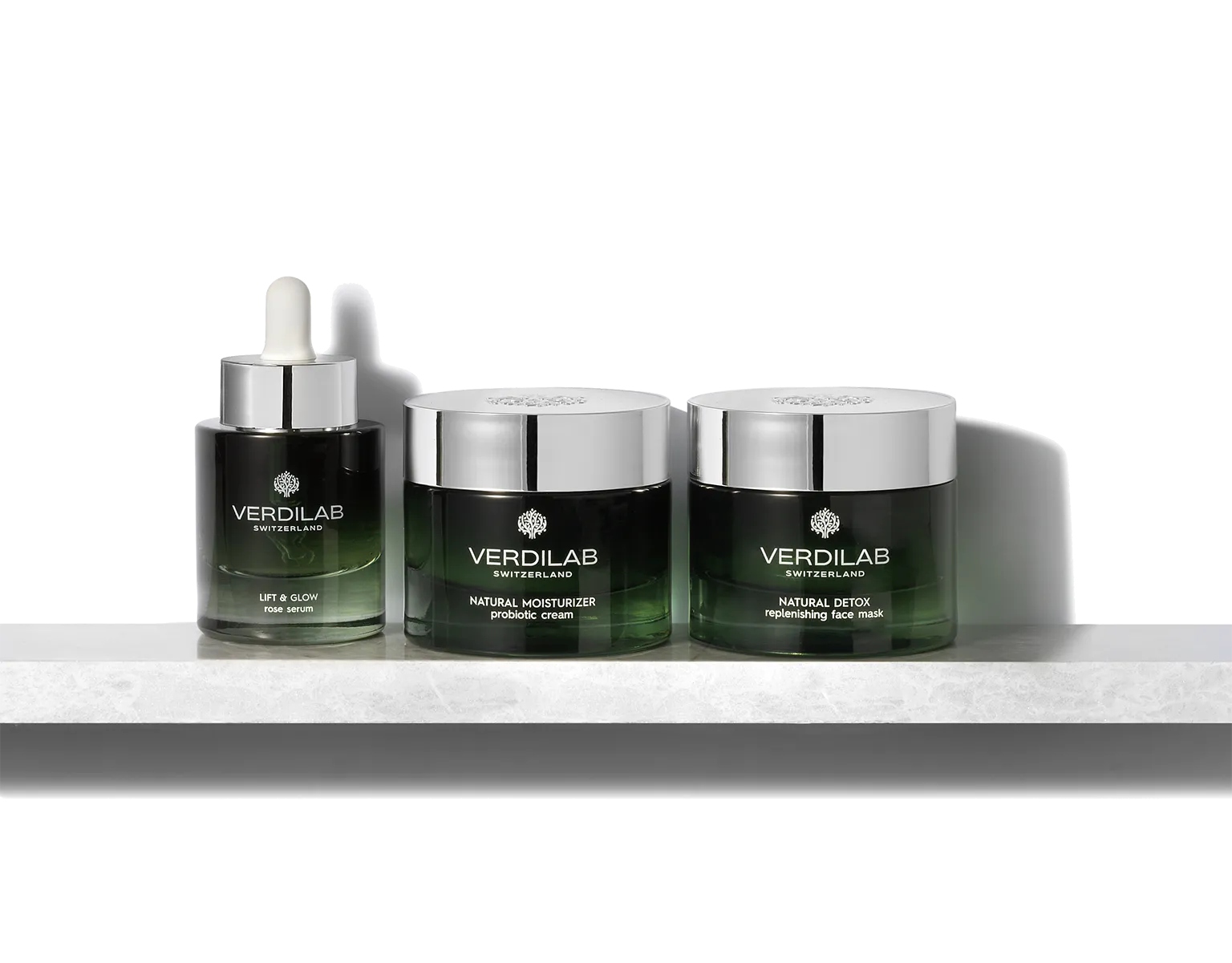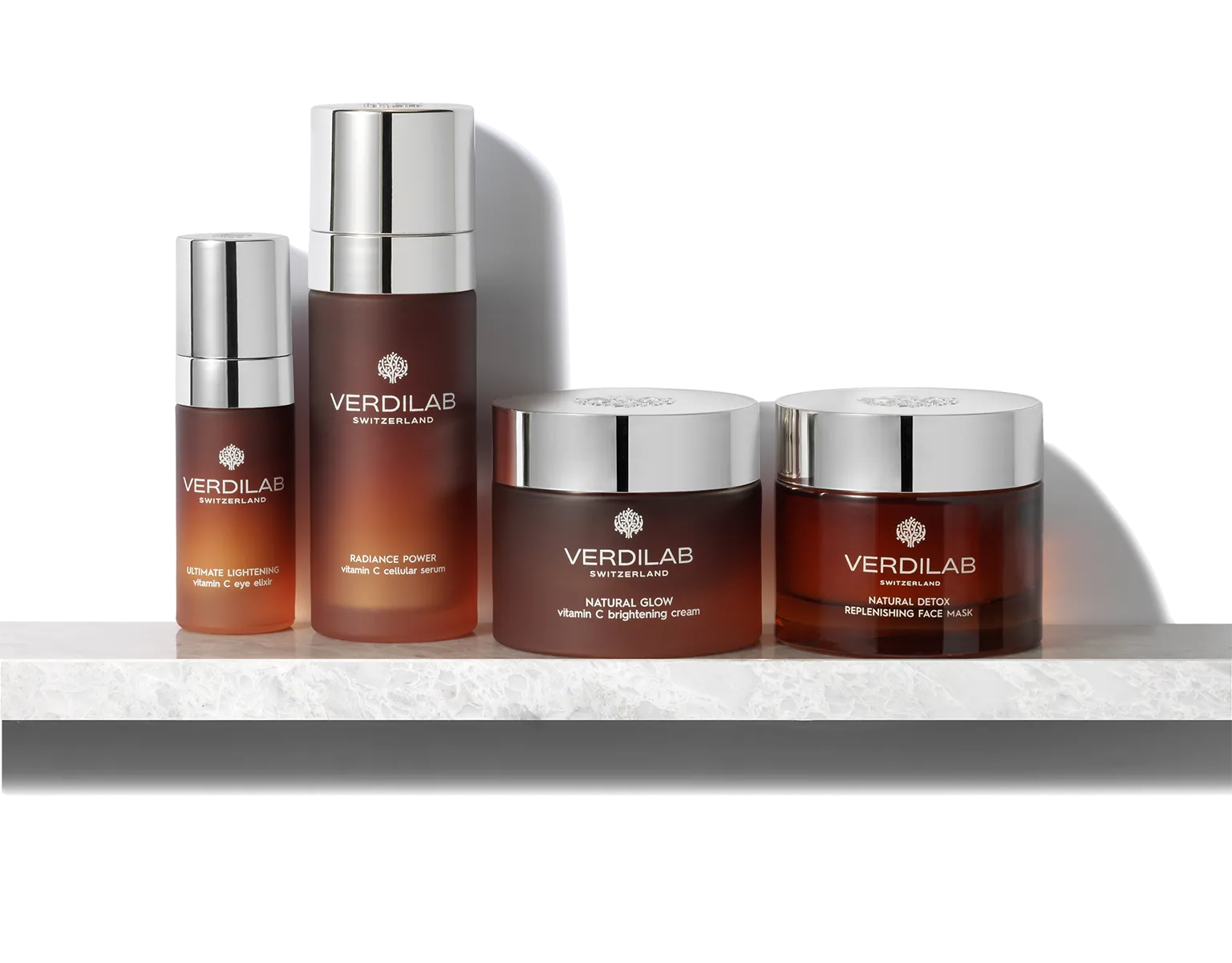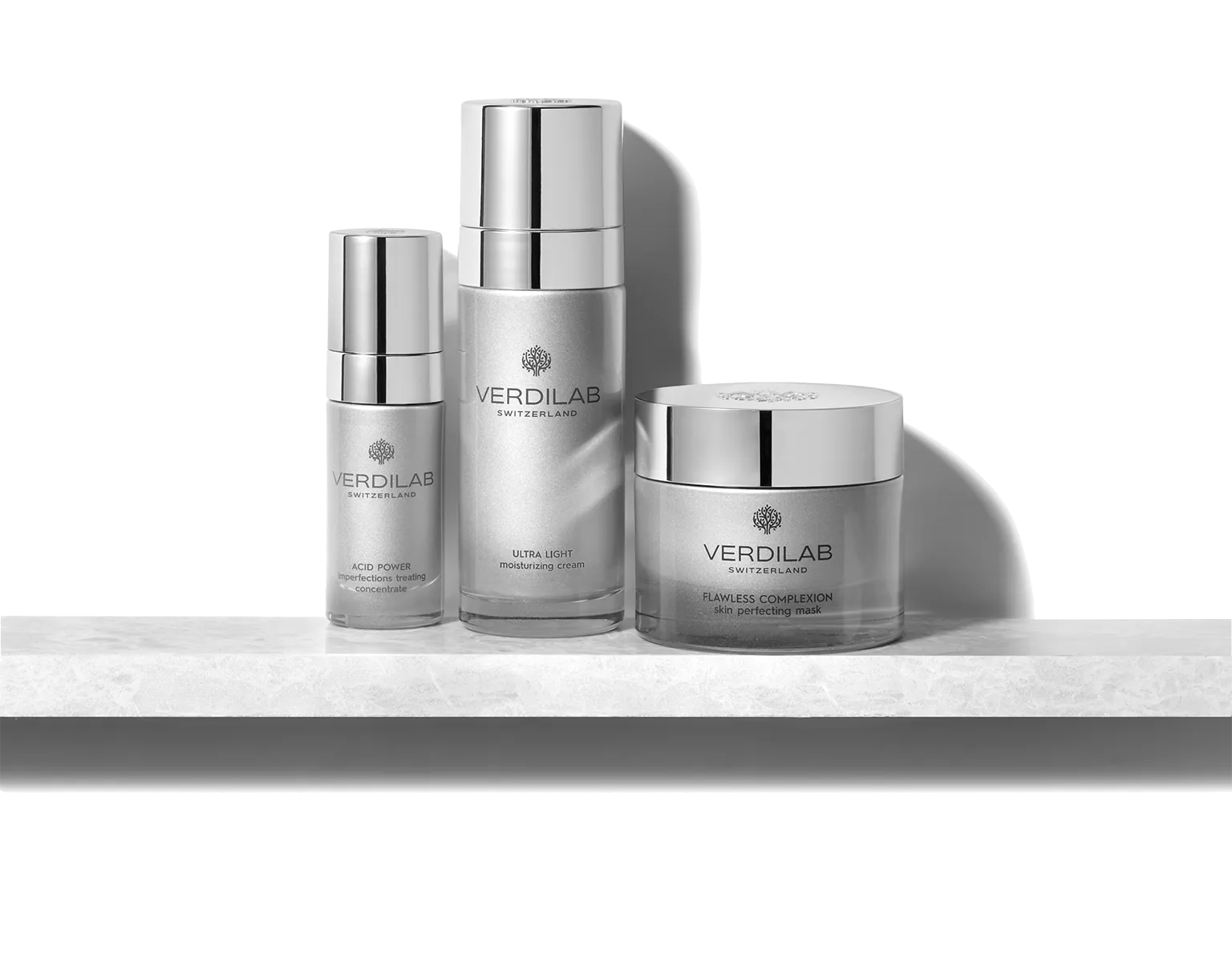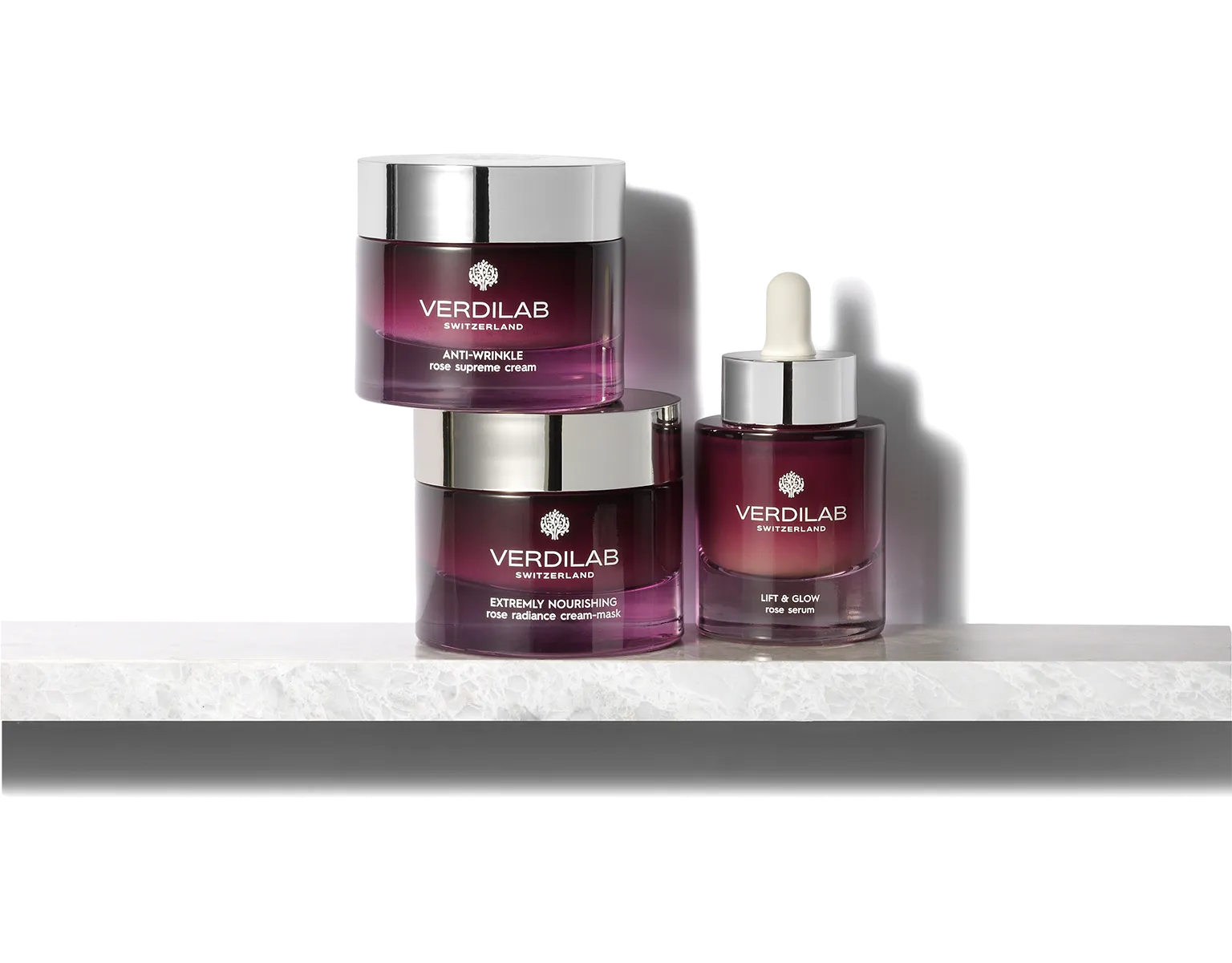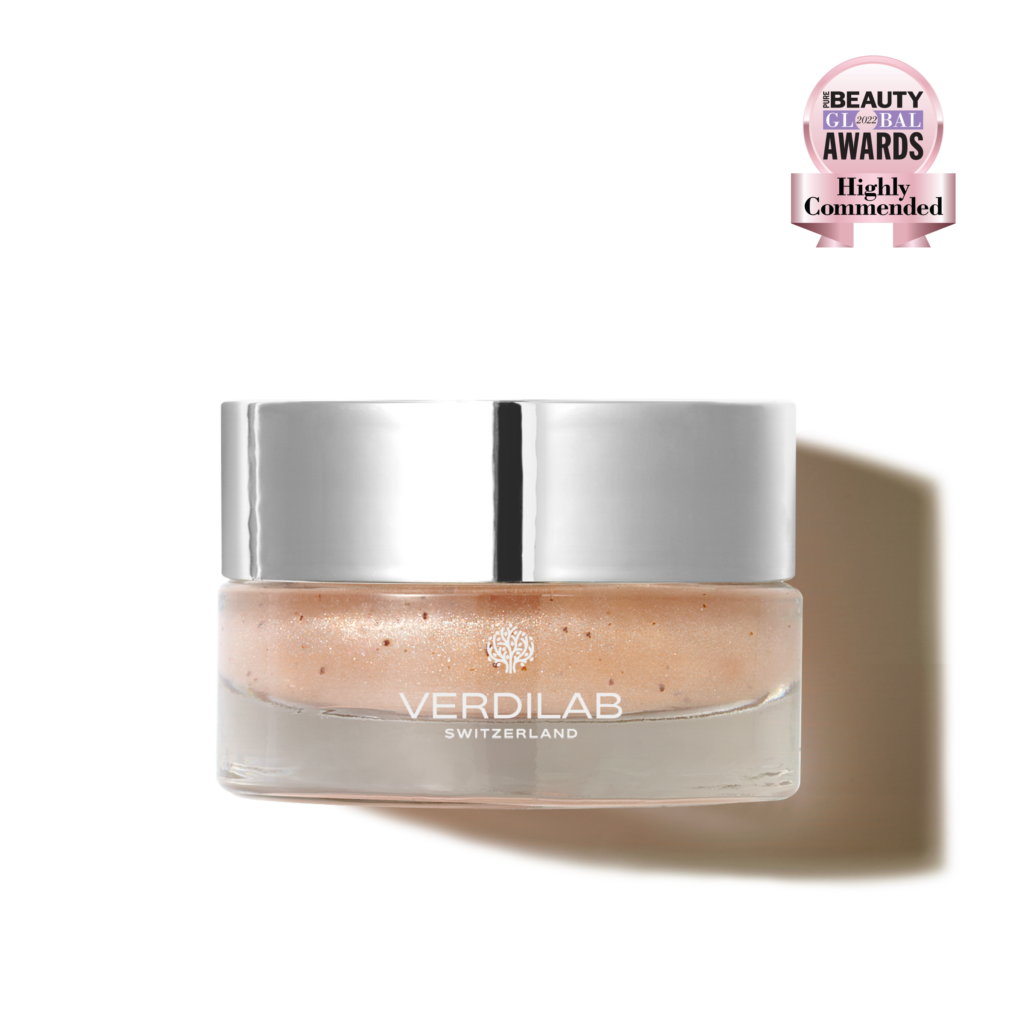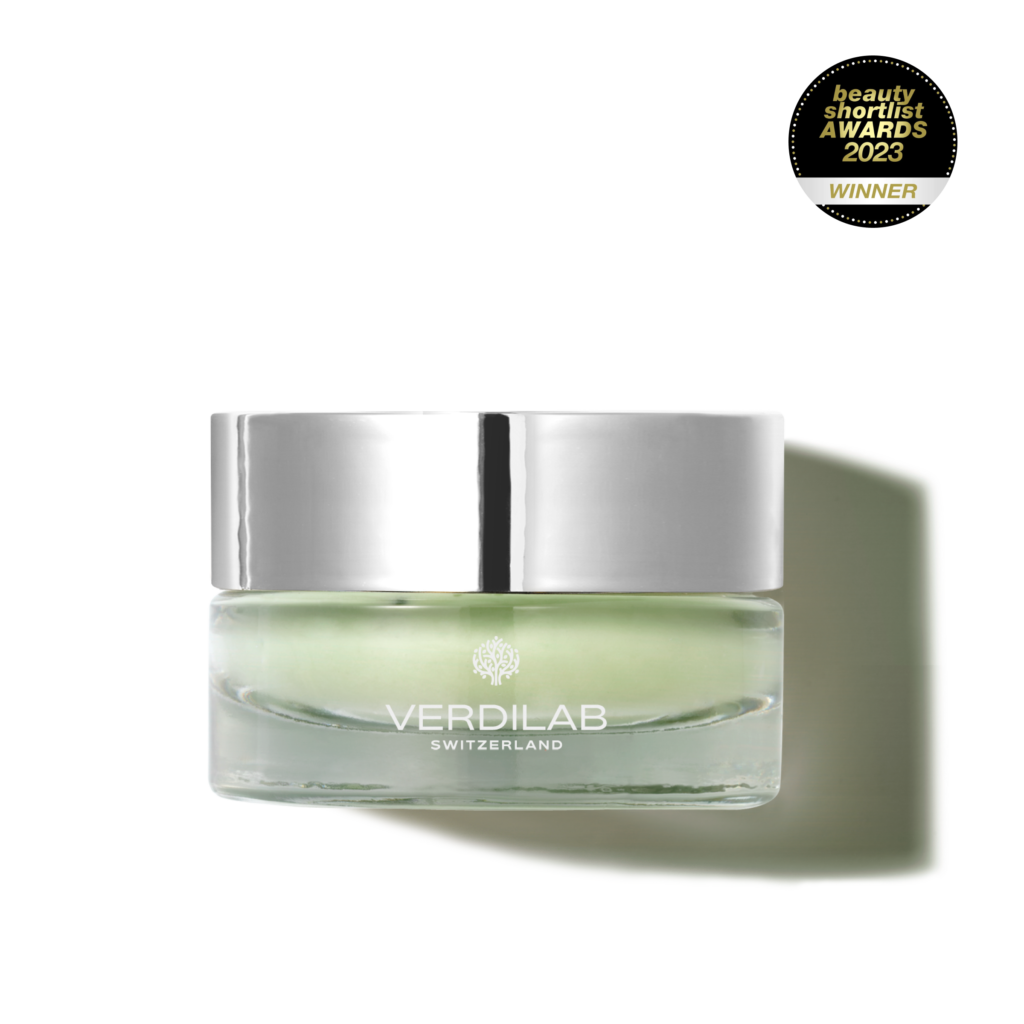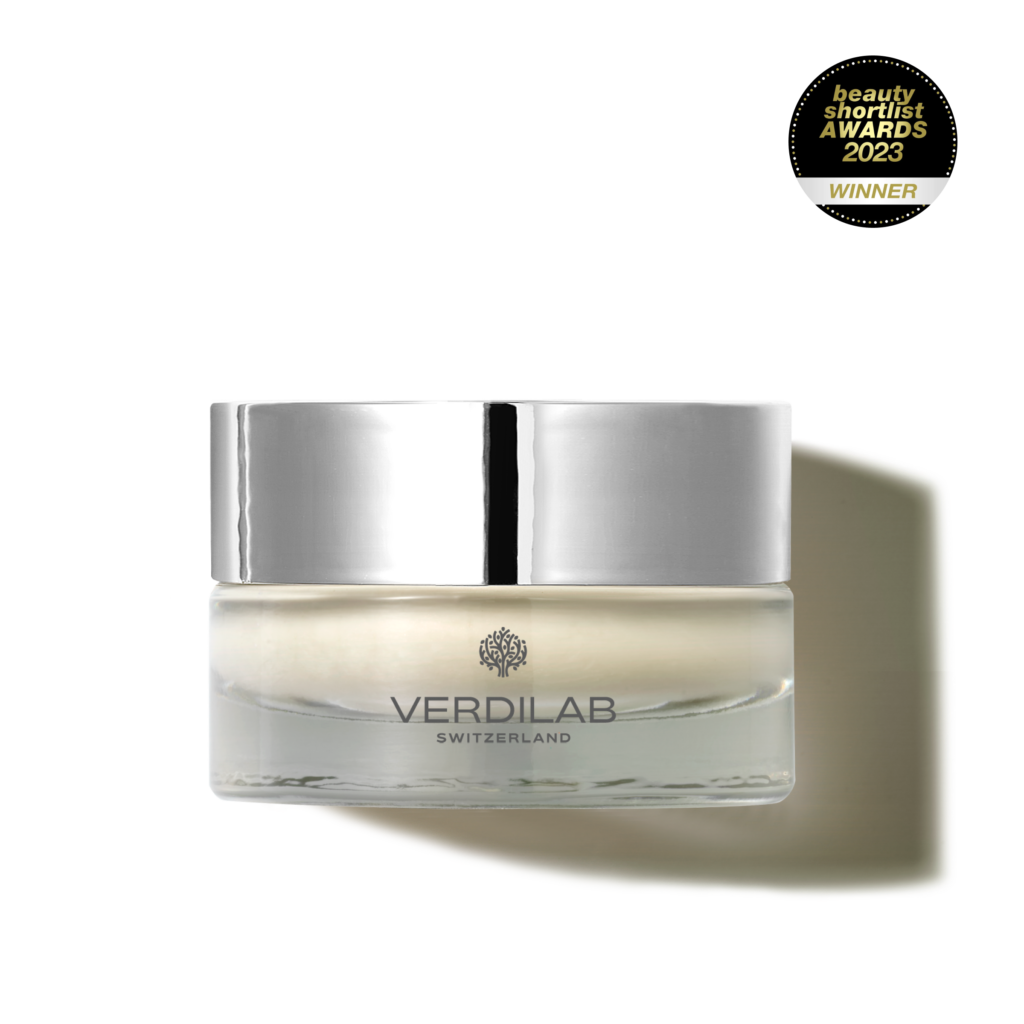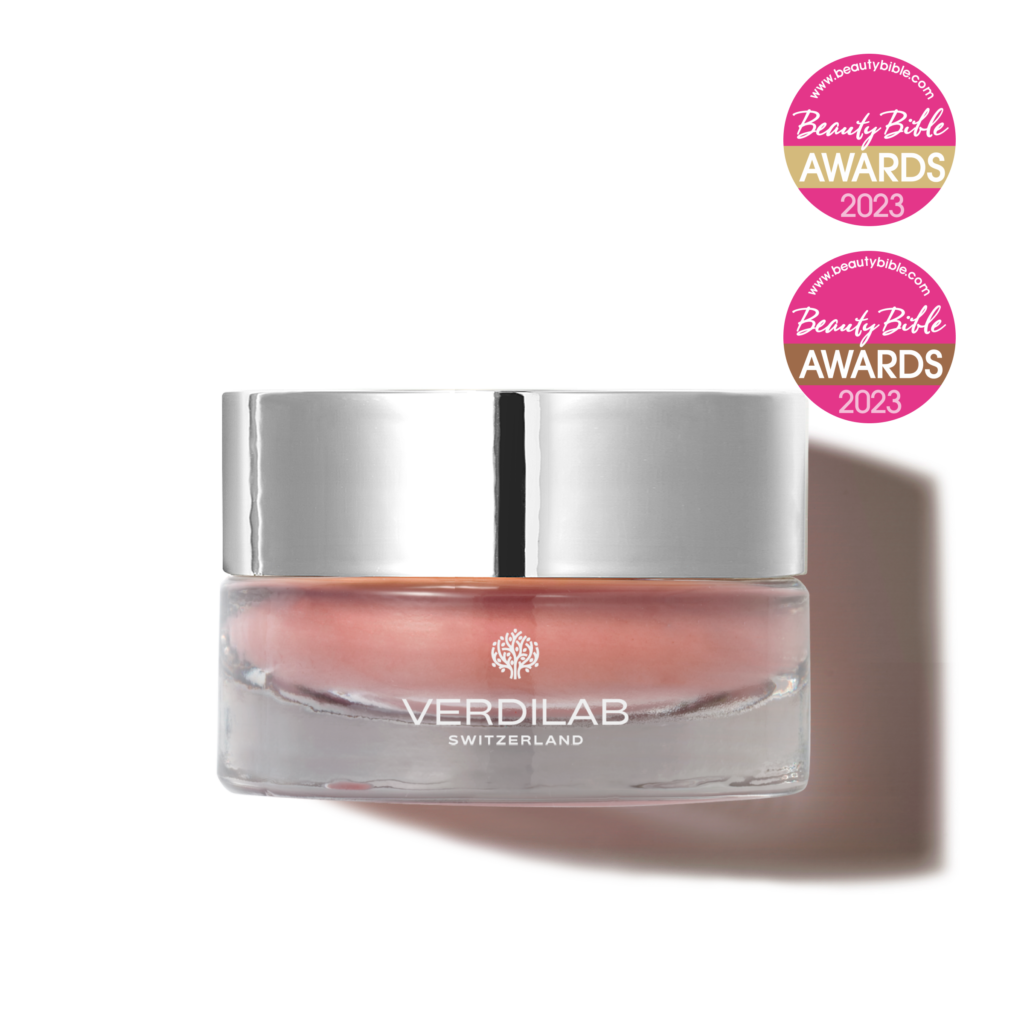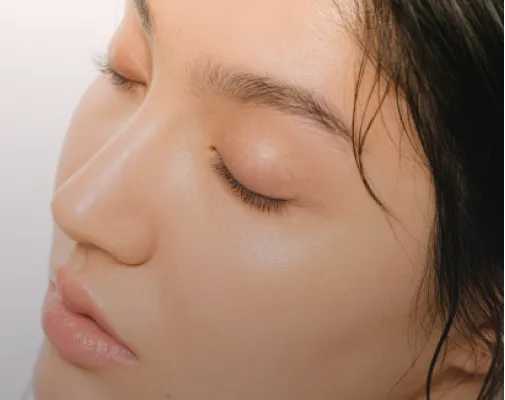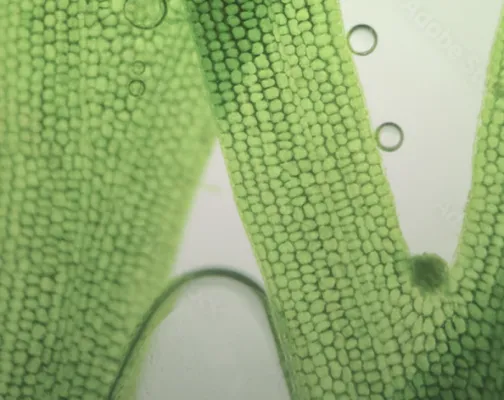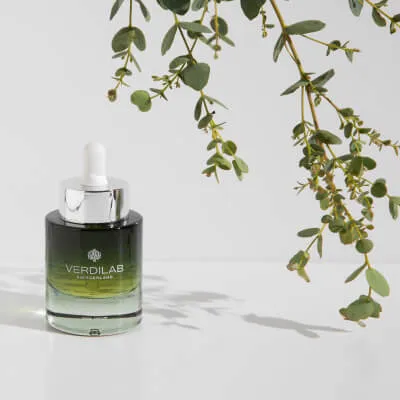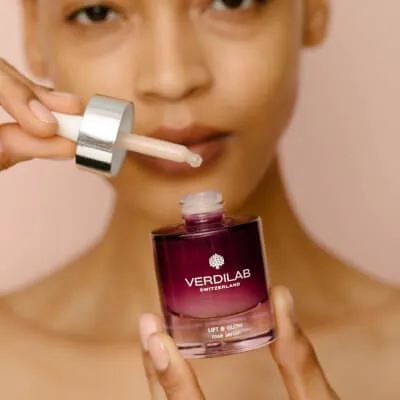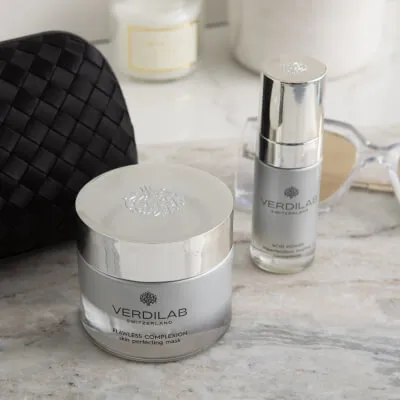Clean beauty is broken
Synthetic cosmetics have worrying connotations for the majority of EU citizens, with 68% of respondents considering them ‘dangerous’ and 63% ‘harmful to the environment’.* Nonetheless, ‘Clean Beauty’ has become a meaningless term as most conventional ‘clean’ brands greenwash potentially harmful ingredients they still use in their formulations that haven’t been changed through the years, which can cause health problems from hormone disruption and cancer to skin irritation. There are also dangerous statistics in relation to micro and nanoplastics used in cosmetics. According to scientific research[1], every time you use a regular anti-wrinkle cream, you put about 90,000 plastic particles on your face! Some of these are even 37 times smaller than the average diameter of a human hair (1,6 μm). A 2019 report by the EU scientific body [2] detailed even more alarming results finding that toxicity is expected to increase with decreasing plastic particle size, and nanoparticles with sub 1.5 μm size fraction can actually penetrate into organs. [1] “Beat Microbeads” [2] Environmental and Health Risks of Microplastic Pollution
Eco-ethical living
People’s concern for the environment is growing with the increasing understanding of how we have impacted Earth as a human species over the past 100 years. Today we know more about the direct relationship between what is good for us and what is good for the planet. As a result, we, consumers, are starting to strongly demand that producers of cosmetics take an ethical approach in their businesses, meaning among other things - effective recycling initiatives, responsible use of forests, saving coral reefs, and not using animals for cosmetic testing. We understand the devastating impact that petroleum-based plastic packaging and micro and nano plastics used in cosmetics have on wildlife, which contributes to environmental pollution, especially marine pollution, and takes thousands of years to decompose. Once they enter the environment, they are almost impossible to remove. The health impacts of plastic are our major concern as well. With the growing respect for all living creatures, we do not want to harm any animals while producing or testing cosmetics. We demand to substitute animal-derived ingredients with plant-based alternatives.
Call for ingredient transparency
Clean cosmetics start with clean ingredients. Clean ingredients mean high transparency for us, the consumers. We are becoming more aware of the beauty industry and what it does to our skin. We want to know what is being put into our products and how these ingredients may affect the environment as well as ourselves in the long-term. Natural ingredients have become key now, because we're striving for cleaner health and a healthier planet by minimizing synthetic materials that have been linked to environmental degradation all across the world through carbon emissions or water pollution.
Immunity matters
The current health situation around the world has resulted in a greater understanding of the role of the immune system in our health. We are beginning to better understand the power of healing from within, tirelessly looking for products that can protect us from increasing health issues through supporting our natural immunity. With this need for health and protection, we are also looking for cosmetics that can strengthen the skin’s defense abilities, enhancing its immune system.
Skin sensivity
Today the number of people who suffer from skin sensitivity has increased exponentially. The problem affects not only those with pre-existing conditions like eczema or rosacea, but also a large portion of the general population. WHO reports that skin sensitivity is currently an issue for 60% of the global population. It is not surprising that this is happening - there is a growing list of triggers from air pollution and stress that are described by WHO as the “health epidemic of the 21st century”, not even counting triggers arising from the overloading of cosmetics with synthetic fillers and aggressive preservatives. It’s no wonder that consumers are demanding safe, clean, and non-toxic skincare. Clean cosmetics have universal appeal across all demographics and geographies.
Disproving the myths
There is a lot of misleading information from conventional beauty brands that accuse natural and clean cosmetics of being ineffective or irritating. Today, people know this is simply not true. Being full of synthetic actives and fillers doesn't mean a product is effective or safe. On the contrary, many questions have arisen today about the long-term health effects of using hundreds of chemicals that are still allowed in cosmetic formulations. The long-term effects of using these chemical cocktails on your face is largely unknown. Did you know that today the EU has banned over a thousand chemicals that were allowed for use in cosmetics in the recent past? Why are they banned now? Because there is a real health risk that these subsatances could cause cancer or hormonal disruptions or severe skin irritations.







